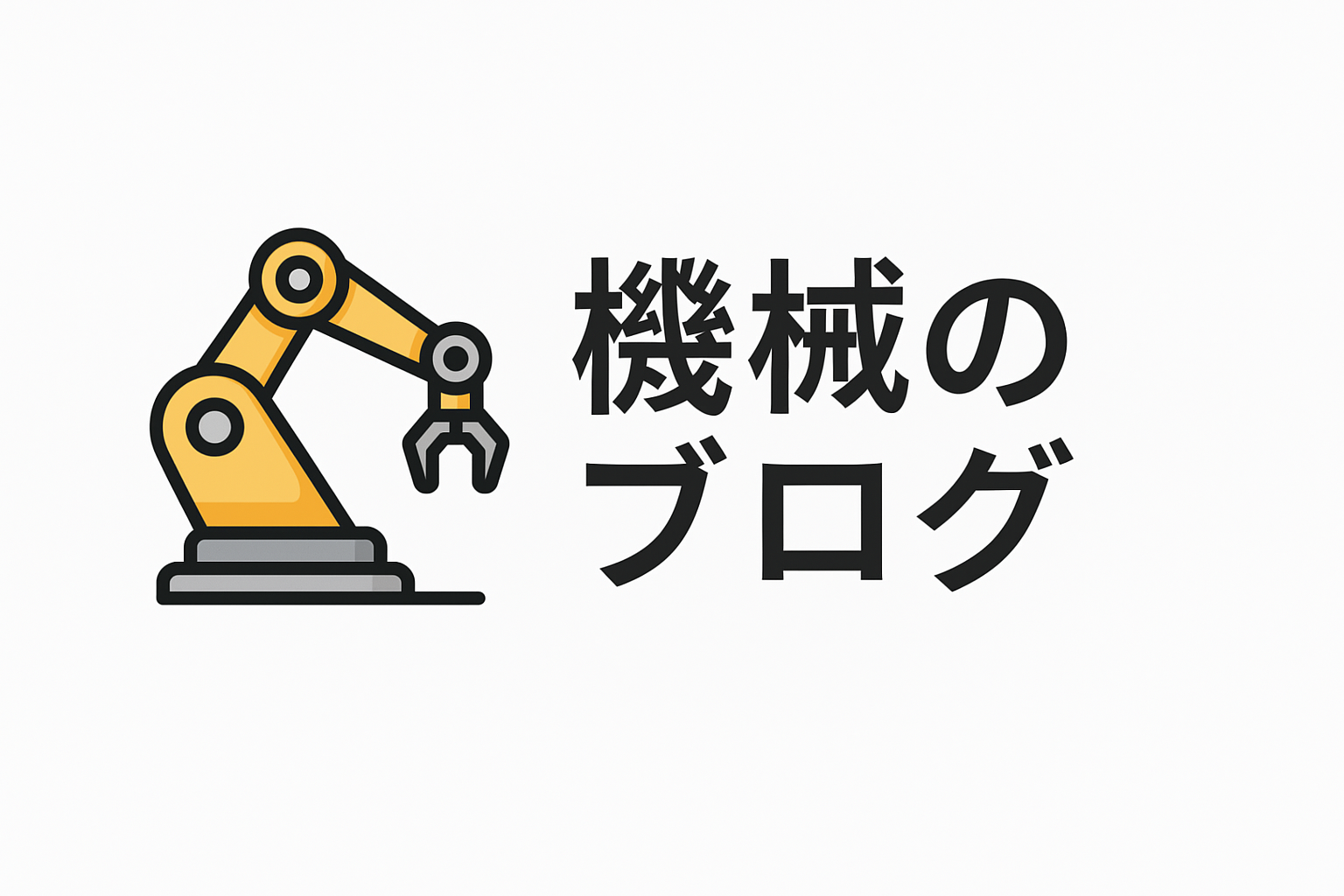IoT Innovations: Shaping the Future
In the rapidly evolving landscape of manufacturing, the Internet of Things (IoT) stands as a beacon of transformation. As industries strive for increased efficiency, reduced downtime, and enhanced product quality, IoT innovations are proving to be pivotal. This article explores the latest advancements in IoT technology and their profound impact on the future of manufacturing.
Introduction to IoT in Manufacturing
The Internet of Things refers to the network of physical devices embedded with sensors, software, and other technologies that connect and exchange data with other devices and systems over the internet. In manufacturing, IoT is revolutionizing processes by enabling real-time monitoring, predictive maintenance, and automated operations. This digital interconnectivity is not just a trend but a fundamental shift that is reshaping how factories operate.
1. Real-Time Monitoring and Data Analytics
Real-time monitoring is one of the most significant contributions of IoT to the manufacturing industry. Sensors placed on machinery collect data on variables such as temperature, pressure, and vibration levels. This data is then analyzed to provide insights into the operational status of equipment. IoT platforms allow manufacturers to visualize this data in real-time, facilitating quick responses to any irregularities.
Moreover, advanced analytics can predict potential failures before they occur, allowing for proactive maintenance. This not only reduces downtime but also extends the lifespan of machinery, ultimately leading to cost savings and enhanced productivity. By leveraging big data analytics, manufacturers can also gain insights into production efficiency and identify opportunities for process optimization.
2. Enhancing Supply Chain Management
The supply chain is another critical area benefiting from IoT innovations. IoT devices provide end-to-end visibility of the supply chain, from raw material procurement to product delivery. This transparency helps in mitigating risks and enhancing operational efficiency.
With IoT, manufacturers can track the movement and condition of goods in real-time, ensuring that products are stored and transported under optimal conditions. This is particularly crucial for industries dealing with perishable goods. Furthermore, IoT-enabled inventory management systems can automate stock replenishment, reducing the chances of overstocking or stockouts.
Enhanced supply chain visibility also improves demand forecasting, enabling manufacturers to respond swiftly to market changes. By integrating IoT with other technologies such as blockchain, manufacturers can ensure the traceability and authenticity of products, which is increasingly important for consumer trust and regulatory compliance.
3. Automation and Smart Manufacturing
IoT is a cornerstone of smart manufacturing, where machines communicate with each other to optimize production processes autonomously. This level of automation leads to increased efficiency and reduced costs. IoT devices can adjust production schedules based on real-time data, ensuring optimal resource utilization.
Robots and automated guided vehicles (AGVs) are increasingly used in manufacturing floors, equipped with IoT sensors to navigate and operate safely alongside human workers. This collaborative environment not only boosts productivity but also enhances workplace safety.
IoT also facilitates the implementation of flexible manufacturing systems, allowing factories to quickly switch between different product lines and cater to customized orders without significant downtime. This agility is essential in today’s market, where consumer demands are constantly evolving.
4. Improving Product Quality and Customer Satisfaction
Quality control is a critical aspect of manufacturing, and IoT plays a vital role in ensuring high standards. By continuously monitoring production processes, IoT devices can detect anomalies and alert operators to potential quality issues. This real-time feedback loop enables manufacturers to address problems before they escalate, reducing waste and rework.
IoT also allows for better traceability of products, providing detailed histories of each item from production to delivery. This level of transparency is invaluable in industries such as automotive and aerospace, where product recalls can have significant financial and reputational consequences.
Furthermore, IoT data can be used to enhance customer satisfaction. By understanding how products are used in real-world scenarios, manufacturers can make informed decisions about design improvements and new features, ultimately delivering products that better meet consumer needs.
5. Ensuring Security and Compliance
As IoT devices proliferate, security and compliance have become paramount concerns. The interconnected nature of IoT systems means that a breach in one area can potentially compromise the entire network. Therefore, robust cybersecurity measures are essential to protect sensitive data and maintain operational integrity.
Manufacturers must implement comprehensive security protocols, including data encryption, secure access controls, and regular vulnerability assessments. Additionally, as regulatory requirements around data privacy and protection become more stringent, compliance becomes a crucial aspect of IoT implementation.
By ensuring that IoT systems are secure and compliant, manufacturers not only protect their own operations but also build trust with customers and partners, which is vital for long-term success in a connected world.
Conclusion
The integration of IoT in manufacturing is more than just a technological upgrade; it is a transformative force that is redefining industry standards. By providing real-time insights, enhancing operational efficiency, and enabling smarter decision-making, IoT is helping manufacturers navigate the challenges of today while preparing them for the demands of tomorrow.
As IoT technologies continue to evolve, the potential for innovation in manufacturing is boundless. By embracing these advancements, industry leaders can not only improve their competitive edge but also contribute to a more sustainable and efficient future.
In summary, IoT is not just shaping the future of manufacturing; it is the future. By staying informed and adaptive, manufacturers can harness the full potential of IoT, driving growth and innovation in an increasingly interconnected world.

